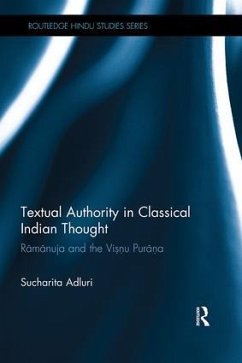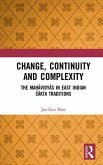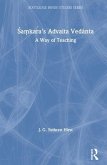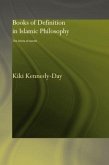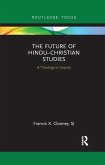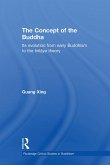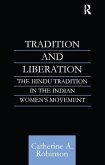Theistic Ved¿nta originated with R¿m¿nuja (1077-1157), who was one of the foremost theologians of Vi¿ist¿dvaita Ved¿nta and also an initiate of the ¿r¿vaisnava sectarian tradition in South India. As devotees of the God Visnu and his consort ¿r¿, the ¿r¿vaisnavas established themselves through various processes of legitimation as a powerful sectarian tradition. One of the processes by which the authority of the ¿r¿vaisnavas was consolidated was R¿m¿nuja's synthesis of popular Hindu devotionalism with the philosophy of Ved¿nta. This book demonstrates that by incorporating a text often thought to be of secondary importance - the Visnu Pur¿na (1st-4th CE) - into his reading of the Upanisads, which were the standard of orthodoxy for Ved¿nta philosophy, R¿m¿nuja was able to interpret Ved¿nta within the theistic context of ¿r¿vaisnavism. R¿m¿nuja was the first Brahmin thinker to incorporate devotional pur¿nas into Ved¿nta philosophy. His synthetic theology called Vi¿ist¿dvaita (unity-of-the-differenced) wielded tremendous influence over the expansion of Visnu devotionalism in South India and beyond. In this book, the exploration of the exegetical function of this purana in arguments salient to R¿m¿nuja's Ved¿nta facilitates our understanding of the processes of textual accommodation and reformulation that allow the incorporation of divergent doctrinal claims. Expanding on and reassessing current views on R¿m¿nuja's theology, the book contributes new insights to broader issues in religious studies such as canon expansion, commentarial interpretation, tradition-building, and the comparative study of scripture. It will be of interest to students and scholars of Indian philosophy and Religious Studies.
Hinweis: Dieser Artikel kann nur an eine deutsche Lieferadresse ausgeliefert werden.
Hinweis: Dieser Artikel kann nur an eine deutsche Lieferadresse ausgeliefert werden.

